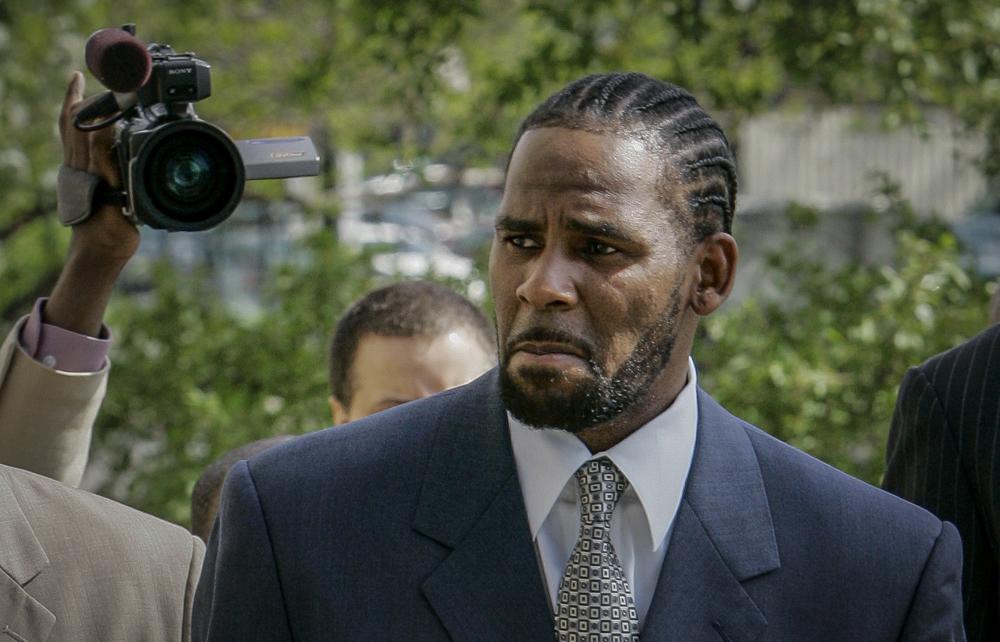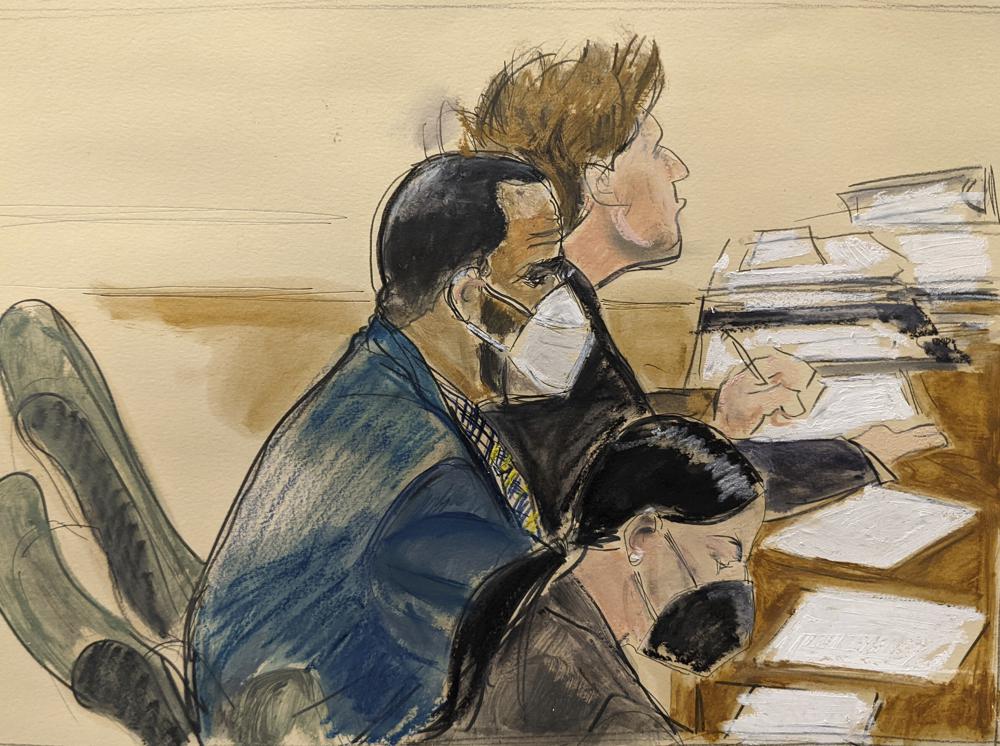R. Kelly fate now in jury’s hands at sex trafficking trial
Jurors are due back in court Monday to resume deliberations on charges against R. Kelly
R. Kelly’s fate is now in a jury’s hands after weeks of lurid testimony in his sexual misconduct trial.
The panel of seven men and five women began deliberating racketeering and sex trafficking charges against the R&B superstar Friday afternoon, ending the day without reaching a verdict. They are due back in court on Monday to resume their work.
A couple hours into the deliberations, the jurors sent the judge a note asking to review a transcript of testimony and evidence regarding a woman who claimed Kelly sexually assaulted her in 2003 when she was a 21-year-old radio station intern. She testified she was kept locked up in a recording studio for days and drugged before the assault.

Prosecutors and defense attorneys finished their closing arguments this week. The 54-year-old singer is accused of running a Chicago-based criminal enterprise that recruited his accusers for unwanted sex and mental torment.
The witnesses said Kelly subjected them to perverse and sadistic whims when they were underage. He has denied any wrongdoing.
Kelly “believed the music, the fame and the celebrity meant he could do whatever he wanted,” Assistant U.S. Attorney Nadia Shihata said in federal court in Brooklyn in a fiery rebuttal to the defense’s closing argument that portrayed Kelly as a victim of false accusations.
But, she added, “He’s not a genius, he’s a criminal. A predator.” She added that his alleged victims “aren’t groupies or gold diggers. They’re human beings.”
The 54-year-old Kelly, perhaps best known for the 1996 smash hit “I Believe I Can Fly,” has pleaded not guilty to racketeering charges accusing him of abusing women, girls and boys for more than two decades.
He is also charged with multiple violations of the Mann Act, which makes it illegal to transport anyone across state lines “for any immoral purpose.”

Prosecutors say their evidence proves how Kelly, with the help of some loyal members of his entourage, used tactics from “the predator playbook” to sexually exploit his victims.
The tactics included isolating them in hotel rooms or his recording studio, subjecting them to degrading rules like making them call him “Daddy” and shooting video recordings — some seen by the jury at trial — of them having sex with him and others as a means to control them, prosecutors said.
In his closing, defense attorney Deveraux Cannick told the jury that testimony by several accusers was full of lies, and that “the government let them lie.”
Cannick argued there was no evidence Kelly’s accusers were ever forced to do anything against their will. Instead, Cannick said, Kelly’s girlfriends stuck around because he spoiled them with free air travel, shopping sprees and fancy dinners — treatment that belied the predator label.
“He gave them a lavish lifestyle,” he said. “That’s not what a predator is supposed to do.”
Have you subscribed to theGrio’s podcast “Dear Culture”? Download our newest episodes now!
TheGrio is now on Apple TV, Amazon Fire, and Roku. Download theGrio today!
More About:Crime



